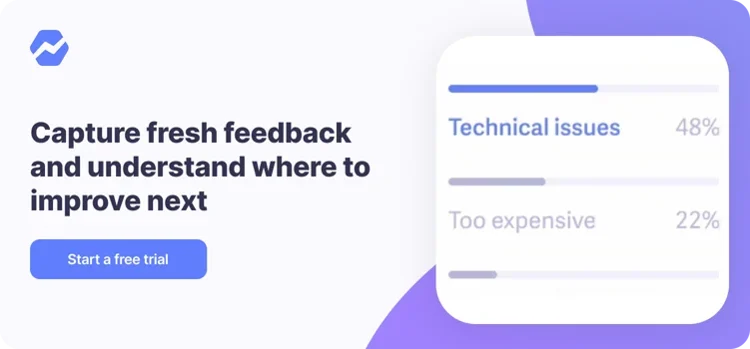Table of Contents
No matter if you’re a 100% remote team like Baremetrics or a traditional team with an office, breaking from your typical day to day and really getting together as a team is incredibly valuable. But it can also be daunting to plan. The first step is answering some basic questions.
Purpose: Figuring out the point of the trip
You can’t just haul everyone off to a new spot and expect magic to happen. You need to approach a retreat with a specific set of goals in mind. Maybe the business isn’t doing so well and you need to brainstorm some new ideas. Perhaps a new project is about to start up and you want to get a fresh take on things. Or maybe everyone is just feeling a little beat and a change of pace and scenery is needed.
These are all great reasons to have a retreat, but you need to make sure to spell them out upfront, both to yourself for planning purposes, and to your team so they know what to expect.
Where and how long to go
Where to go and how long to spend there comes down in part to whether you’re a remote or office company and in part to how much you want to spend.
If you’re an office company, you might be satisfied with a short trip to somewhere nearby. Most companies should try to do at least an overnight, though if money is tight, a day trip is absolutely an option as well.
Things are a bit different for remote companies. They ought to spend at least a week together to allow enough opportunity for both work and team bonding. Working remotely is generally great, but there are certain types of tasks and brainstorming that work best in person, and a retreat is a great time to do just that. Plus, if you’re going to go through the effort of getting everyone in one location, it would be silly to leave after just one day. But much longer than a week, and everyone is going to be ancy about getting back to their lives.
Accommodations
Whatever you do, make it fair. Either everyone gets their own room, everyone shares, or everyone is in a big tent together. A retreat is a great time to do away with the regular “structure” of a business and have everyone work together and enjoy each other’s company on the same level. If you have a huge team, you may have no choice but to rent a bunch of hotel rooms. But if you have a smaller team, you have more options. Look for a great AirBnB house or rent a bunch of yurts at a campground, whatever makes your team happy.
Beyond that, you want to make sure there are enough fun activities around. At our first Baremetrics retreat, we rented a big house with a pool and a putting green in the backyard, which was fantastic. However, we were in the middle of suburban Palm Springs, so there wasn’t much outside of the house to do. Keep activities in mind when planning your retreat.
Food
This is a tricky one. Everyone has different likes, dislikes, and dietary restrictions. Keeping that all in mind is often difficult bordering on impossible.
The best option is to hit up a grocery store at the beginning and let folks grab themselves some of their favorite lunch and breakfasts foods. For big meals, it’s often easiest to just eat out. That being said, some great conversations happen around the dinner table, especially if you’re not in a noisy restaurant so don’t discount eating at home all together. Just be prepared for it to be a bit of a headache to figure out.
What to do?
So. You’re all together. Now what do you actually do? How do you go about making the most of your time together?
Look back on the purpose you have for this trip, and use that to decide what you want to do. Want to bring the team closer together? Focus on team building and fun activities. Want to dive into a new project? Schedule deliberate time to work together on just that.
Here are a few different activities that have worked well for us.
Kickoff
The first thing you should do is get the team together for a big kickoff/presentation. Talk about what you accomplished since you last got together as a team, and what you have planned going forward.
Discussions
Set aside some time either together or in team-specific groups to talk about company processes and issues. We used this time to discuss how to better handle bugs, reduce distractions, and so on.
Big Project
If you have a week or so, it can be fun to “hackathon” a new feature or improvement. This is a great opportunity to work together as a team on a single goal. Design, program, ship and market a new feature.
A general tip to close: be transparent! Let your team know what to expect before you get to the retreat. A loose schedule for each day can be a very good thing and save eveyrone some confusion. Most of all, enjoy the time, let everyone make some fun memories together and yeah, get some work done too.



